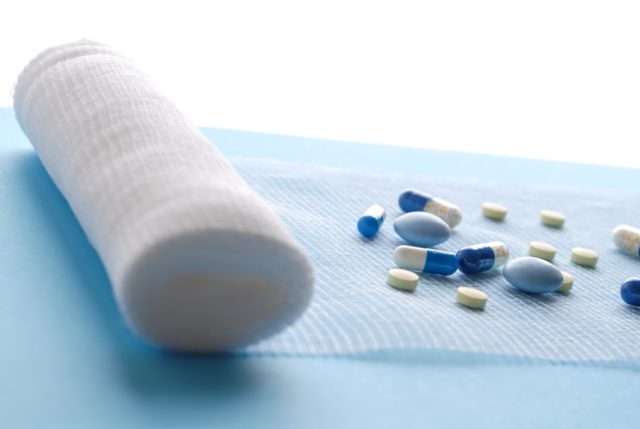Brexit is fast becoming reality: the United Kingdom is set to leave the EU in eight weeks. Although its departure was settled in a referendum held in June 2016, there are still a number of procedural uncertainties regarding medicines and healthcare products that need to be addressed before the deadline on 29 March. As a result, this will doubtless be one of the topics under discussion at the DIA EMEA 2019 (Drug Information Association Europe, Middle East, Africa) congress from 5-7 February, when many of the key figures from the international healthcare products and pharmaceuticals industries meet at the Austria Center Vienna.
Numerous medical devices have a UK CE mark
The number of notified bodies – entities accredited by a member state to assess whether medical devices conform to EU standards – is relatively small. As a result, waiting times are long for manufacturers looking to obtain a CE mark for their medical devices in the EU. If the UK-based assessment agencies are suddenly no longer available, urgent action will have to be taken as 25 percent of all medical devices in the EU have a CE mark issued in the UK. These will have to be re-authorised for the rest of the European market following the UK’s departure from the EU.
Around 20 percent of marketing approvals will have to be reassigned
“The UK’s Medicines and Healthcare Products Regulatory Agency (MHRA) is one of the largest bodies for authorising medicines and healthcare products: until now 16-20 percent of the work done in the EU network has been performed by our colleagues in London, but that will have to be divided up among the remaining 27 EU countries,” Wirthumer-Hoche noted. The remaining agencies are well prepared and have, where necessary, hired new employees to ensure that they are able to keep pace with their increased workload.
Measures to prevent bottlenecks
“As the ultimate Brexit scenario is not at all clear at present, in terms of whether there will be a deal or a no-deal Brexit, there is still a considerable amount to do and we are working together to avoid any supply bottlenecks for medicines and healthcare products. Everyone on both sides of the Channel is pulling in the same direction: patient care is the top priority,” Christa Wirthumer-Hoche explained.














